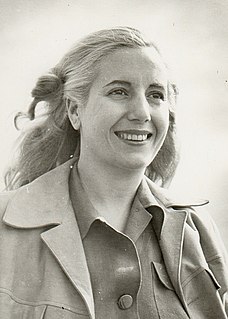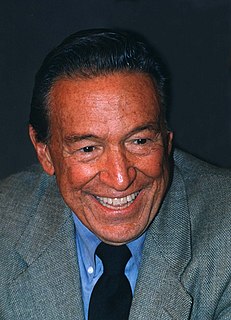A Quote by Paul Harvey
We were poor, but we didn't know it. There were no government bureaus in those days presuming to determine where poorness begins and ends, but I don't remember ever being hungry.
Related Quotes
I have stood aside to see the phantoms of those days go by me. They are gone, and I resume the journey of my story.’ (David Copperfield) “But all that night he lay awake because the phantoms of those days were not gone. Like the tiny, terrible holes in the prophylactics, the phantoms of those days were not easy to detect—and their meaning was unknown—but they were there.
We remember those who were called upon to give all a person can give, and we remember those who were prepared to make that sacrifice if it were demanded of them in the line of duty, though it never was. Most of all, we remember the devotion and gallantry with which all of them ennobled their nation as they became champions of a noble cause.
I really did feel like I was surrounded by family members. I didn't have a dad, and I remember there were all these guys - in the old days, there were no women, except a makeup artist or, occasionally, a script supervisor. So there were just guys who taught me how to, you know, whittle wood, or how to pull focus, and what the camera was doing. And if I was being bratty, they'd sit me down and tell me. There were lots of rules about not being late and making sure that you didn't spill anything. So it felt a little bit like I was in a family.
What passes for identity in America is a series of myths about one's heroic ancestors. It's astounding to me, for example, that so many people really appear to believe that the country was founded by a band of heroes who wanted to be free. That happens not to be true. What happened was that some people left Europe because they couldn't stay there any longer and had to go somewhere else to make it. That's all. They were hungry, they were poor, they were convicts. Those who were making it in England, for example, did not get on the Mayflower. That's how the country was settled.
































